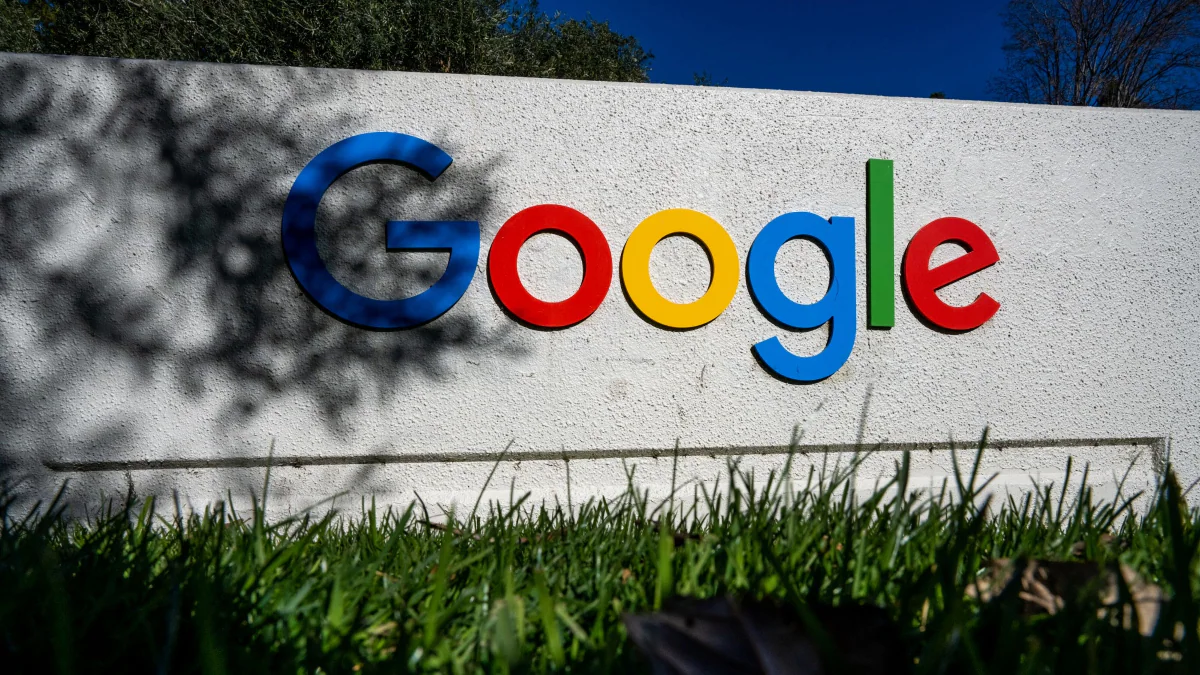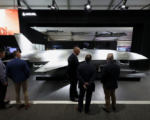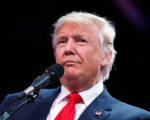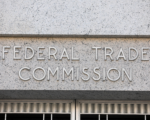Singular Computing, Established by Computer Scientist Joseph Bates, Alleges Google Copied Its Technology in $7 Billion US Patent Infringement Trial.
Alphabet’s Google is set to go before a federal jury in Boston on Tuesday in a trial over accusations that processors it uses to power artificial intelligence technology in key products infringe a computer scientist’s patents.
Singular Computing, founded by Massachusetts-based computer scientist Joseph Bates, claims Google copied his technology and used it to support AI features in Google Search, Gmail, Google Translate and other Google services.
A Google court filing said that Singular has requested up to $7 billion (roughly Rs. 58,172 crore) in monetary damages, which would be more than double the largest-ever patent infringement award in US history.
Google spokesperson Jose Castaneda called Singular’s patents “dubious” and said that Google developed its processors “independently over many years.”
“We look forward to setting the record straight in court,” Castaneda said.
An attorney for Singular declined to comment on the case.
The patent infringement trial between Google and Singular Computing, founded by Joseph Bates, is set to span two to three weeks. Singular’s 2019 complaint alleges that Google’s Tensor Processing Units, integral to its AI capabilities, infringe on Bates’ technology, violating two patents. The lawsuit claims that Google’s circuits utilize an improved architecture discovered by Bates, revolutionizing AI training and inference. Google introduced its processing units in 2016, with Singular contending that versions 2 and 3, introduced in 2017 and 2018, infringe on its patent rights. Google argues that its processors operate differently from Singular’s patented technology and that the patents are invalid. A separate case, where Google appeals the validity of Singular’s patents, will be heard by a US appeals court in Washington.


















